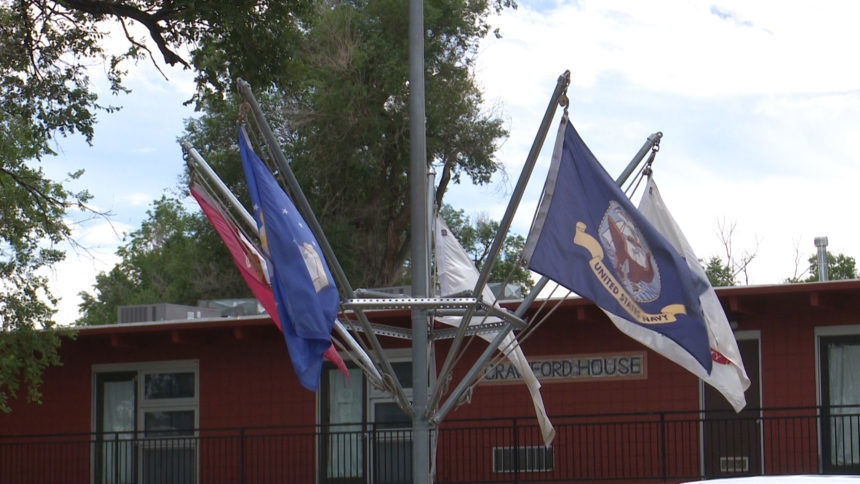New housing and support resources target women veterans in Colorado Springs

COLORADO SPRINGS, Colo. (KRDO) — Despite being more likely to suffer from service-related disabilities than men, women veterans are significantly less likely to use VA health benefits.
On top of that, the number of women veterans is expected to increase dramatically in the next few years, according to Veteran Affairs.
KRDO spoke to a local veteran, Renee Reif, who spent 20 years in the military, about the hesitance to enroll in VA benefits.
“When I contacted the mental health department over there, it’s this fiasco,” Reif said.
Women veterans are also more likely to face homelessness and sexual assault in the military. Reif says some of her commanders ignored sexual harassment happening right in front of them.
“If even a fraction of what happened to me on duty, in the Guard or anywhere else, is happening in VA environments, it doesn’t make me feel determined to get through all that paperwork to get there,” Reif said.
She’s hosting a virtual conversation Saturday, hoping to provide a space for women to share their experiences with sexual misconduct in the military, or just listen. You can join on Facebook.
Jerome Ford is the program director for the Colorado Veteran’s Resource Coalition and is a veteran himself. He oversees the Crawford House, which provides transitional housing to disabled homeless veterans. Though the Crawford House has been open to men and women, up until this week, only men had lived there.
As the first woman resident settles into the Crawford House, a property under renovation behind it, targets disabled homeless women veterans specifically.
Amy Holder is a veteran too. She works with Ford as a case manager for Healthcare for Homeless Veterans.
“Being homeless could be comparable to being in combat. Because there’s a lot of bad things that happen out on the street. People stealing from each other — feeling unsafe,” Holder said.
Though rent is free at both the Crawford House and the new property for women, requirements for residency are strict. Veterans who live in the transitional housing have to provide proof of job and permanent housing leads each week.
“Even the transition through this program to housing stability is — it takes a little bit of toughness, it takes a little bit of heart, it takes a little bit of soul because it’s not just easy,” Ford said.




